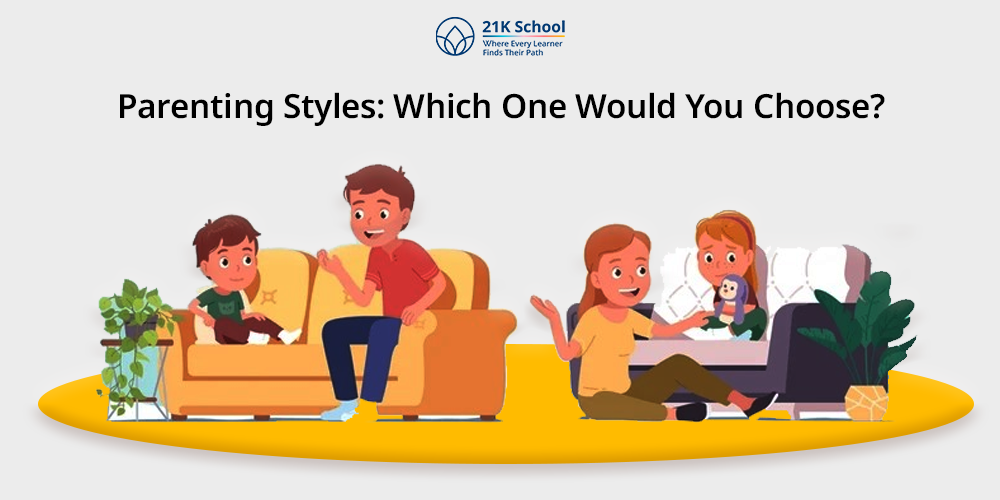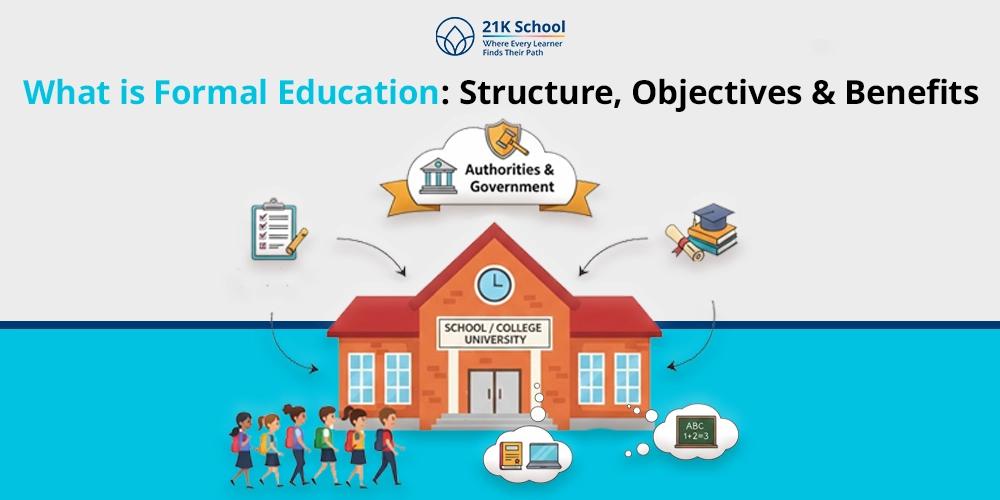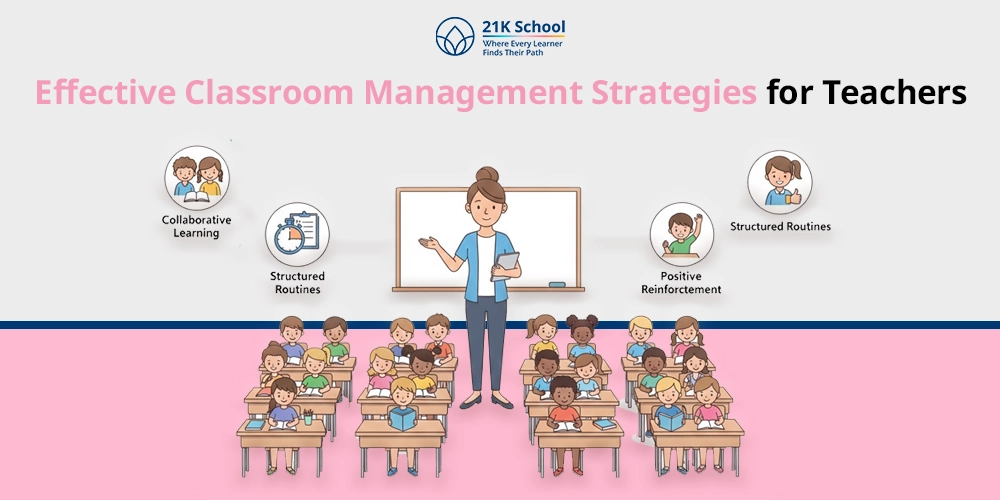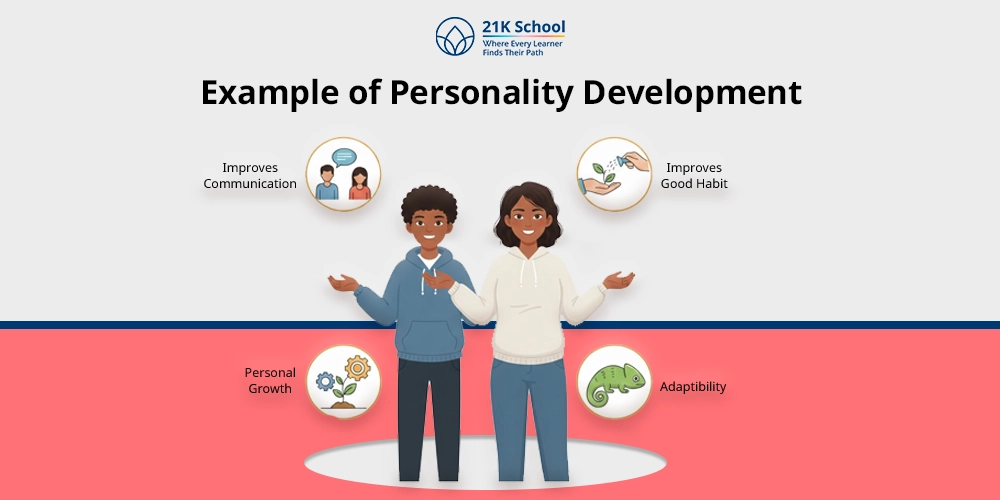
Having children is not easy to put it that way. There is no guide that comes with a born baby, there is no go-to-method and definitely no ideal parent.
Each child is an individual, and each family is unique. At the same time, there are some patterns that happen in the upbringing of children in families, communities, and cultures.
These patterns are referred to as parenting styles, which contribute significantly to a child’s behavior, emotional health, and maturation. You might hardly notice it.
Have a read on what is effective parenting- focus on the family .
But you are likely to use one of the four principal parenting styles the majority of the time. Knowing which you tend to, and how it impacts your child, form initial steps toward being a deliberate, higher-impact parent.
Contents
4 Kinds of the Parenting Styles
There are four main types of parenting style: authoritative, authoritarian, permissive and neglectful (or uninvolved) style of parenting. All styles indicate differing disciplinary, communication and emotional engagement methods.
Such styles have major impacts on behavior, emotional growth, and later life of a child. Parents would be able to make more informed decisions about bringing up their kids by understanding them.
1. Authoritarian Parenting
The old authoritarian father motto is because “I said so”. The high expectations, strict rules and a small margin of negotiation characterise this style.
Key Traits:
- Focus on obedience and discipline
- There is a lack of warm feelings and free communication
- Punishment versus explanation
The Impact of It on Children:
Authoritarian parenting produces children who obey, but most of the time in fear, and lack understanding. They may sound good, but they may be low in self-esteem, socially nervous, and resentful.
They could also either be too passive or rebel hard against authority as they get older.
2. Authoritative Parenting
Authoritative parents often are the so-called gold standard of parenting, as they balance rule-setting and love. They are strict yet gentle, constant yet accommodating.
Key Traits:
- Defined expectations that can be negotiated on
- Care and attention Listening
- Natural punishment rather than severe punishment
The Impact of It on Children:
Authoritative parents have children that are confident, responsible, and social. They will be in a better position to succeed academically and emotionally.
From childhood, they have learned to think on their own, and feel trusted and appreciated.
3. Ignorant (Avoidant) Parenting
Avoidant style is also known as the uninvolved parenting and it involves emotional detachment and lack of guidance. It can in other instances be as a result of parental distress, mental health disorders, or parenting ignorance.
Key Traits:
- Little communication and contribution
- The absence of structure, rules or discipline
- No love and emotional comfort
The Impact of It on Children:
The children living in an abusive house feel no one notices them and they are not important. They can become self-worthless, unable to build proper relationships and perform poorly in school.
In other occasions, neglect may result in emotional or behavioral disorders. Thus, occasioned by emotionally not having been met on crucial stages of development.
4. Permissive Parenting
Permissive parents are loving and accepting, and offer little to no boundaries. They do not like confrontation, and they can behave more like a friend than a parent.
Key Traits:
- Greater responsiveness, less demanding
- Limited number of rules or unequal enforcement
- Close emotional attachment limited supervision
The Way It Impacts Kids:
Children brought up in a permissive family will find it difficult to exercise their constraints and decision making. They may not respect limits and regulations, though they usually feel loved and supported.
This may result in difficulties in school, relations or handling responsibilities at old age.
What Is The Most Preferred Parenting Style?
The most popular and healthy type of parenting among psychologists and child development specialists is authoritative. It fosters independence and makes people self-confident while developing self-respect in a parent-child relationship .
Authoritative parents are structured and warm. This enables children to feel safe and listened to as well as being taught to deal with issues successfully.
Studies have universally found positive correlates of such style including academic success, emotional regulation, and sound social skills. With this being said, parenting does not consist of fitting in a category.
Most parents exhibit characteristics of mixed styles, which are influenced by the event, mood, or the behavior of the child. It is all about knowing what you are doing and being open to change when you need to.
What can I do to be a Healthy Parent to My Kids?
It is not necessary to become a perfect healthy and mindful parent. It needs you to be present, be patient and go through a growth process together with your child.
These are some actionable steps that you can undertake:
1. Create Emotional Touch
Give your child quality time, listen to them and address their feelings. By making the children emotionally secure, they will tend to trust and cooperate with you.
2. Put in Place Clear, Consistent Boundaries
Children require order to be safe. Set rules and routines that are just, and reasonable. Also give explanations for the rules set and their consequences.
3. Be a Role Model of Behavior
Children care less about what is said and more of what is done. They do what they see, instead of what is taught. Teach them to manage emotions, how to resolve conflicts and to treat people with respect, while showing them how to.
Read more on the role of parents in students’ life .
4. Encourage Independence
Let your kid make age-relevant decisions and learn his or her lessons. This would contribute towards gaining confidence and problem-solving .
5. Opening Up to Feedback and Development
Parenting is an experience. There is no need to be shy to take some advice, read, think or even apologize when you get it wrong. It is such a great example to learn how eager you are to learn.
In Conclusion
The style of parenting that is adopted is important towards defining the kind of adults that your children will turn out to be. No parent is always right.
But being aware of your default parenting style and its impact on a child, assists in making conscious, informed decisions. It is not a matter of being stricter, lenient, distanced, or balanced, it can always improve, and you should do it.
Supposedly, it is not the ideal to achieve, the goal is not perfect, but purposeful and available. All parents can train a child and build the kind of space where they can feel loved, guided, and respected.



